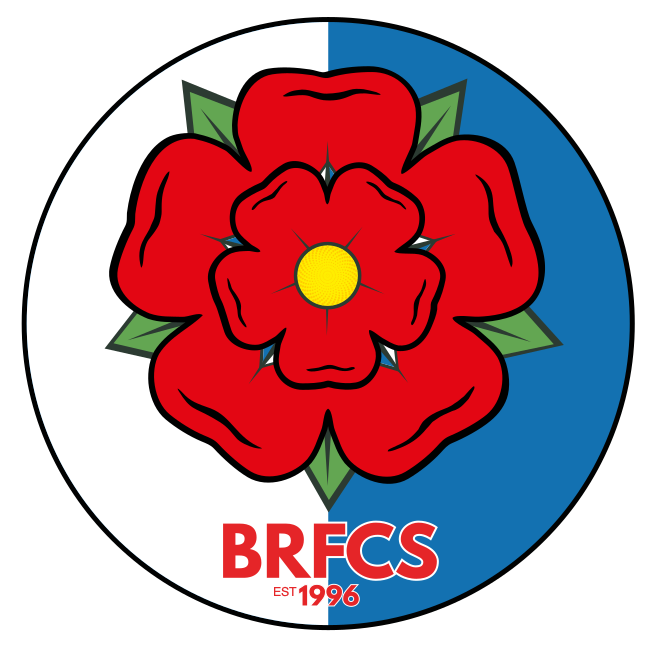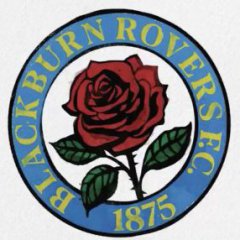-
Latest Articles
POLL: The Ultimate 150 Rovers List - Part 2/9: Turn of the 20th Century and Post WWI
The Ultimate 150 Rovers List - Part 2/9
21 members have voted
-
1. Which names tell the Rovers story? Part 2/9: Into 20th Century and Post World War I 1900-1930
-
Lawrence Cotton - Ambitious Chairman
-
Fred Blackburn (1897-1905)
-
Billy Davies (1905-13)
-
Walter Anthony (1908-14)0
-
Eddie Latheron (1906-17)
-
Walter 'Wattie' Aikenhead (1906-18)
-
George Chapman (1908-10, 1911-19)
-
Robert 'Bob' Crompton (1896-1920) - Player and Manager
-
William 'Billy' Bradshaw (1903-20)
-
Arthur Cowell (1905-20)
-
Albert Walmsley (1907-20)
-
Percy Smith (1910-20)0
-
Danny Shea (1913-20)
-
John 'Jock' Simpson (1911-21)
-
Robert Middleton (1903-22) - Secretary/Manager
-
Joe Hodkinson (1913-23)0
-
Alfred Robinson (1911-23)0
-
Percy Dawson (1913-23)
-
Austen 'Aussie' Campbell (1923-1929)
-
Arthur Rigby (1925-1929)
-
Others - Please specify
-
This poll is closed to new votes



Recommended Posts